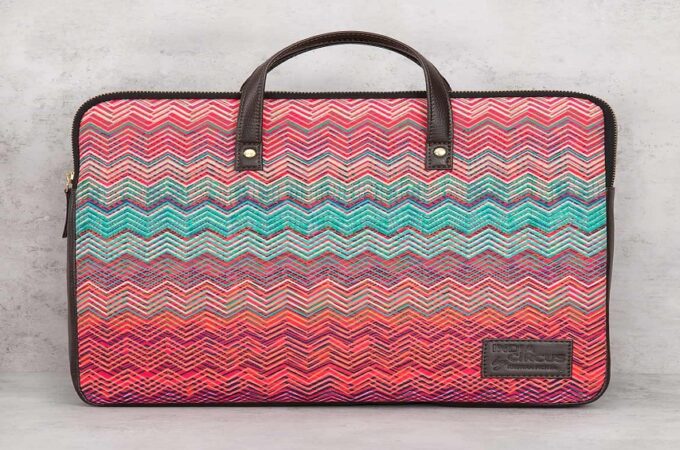
Why Wholesalers Should Use B2C Commerce
The thing about ecommerce is that it is a form of commerce that has totally revolutionized all forms that came before it. This has not been a process of supersedence; it isn’t that ecommerce has replaced traditional businesses. Rather, the effect of ecommerce has been more one of opening opportunities to integrate internet selling into the many kinds of business that existed before. Therefore, they have not been replaced, they have just integrated online selling into their strategies.
Wholesaling, naturally enough, is no different. The effect of online selling on wholesale has been that sales can now more easily be made to anybody at all. Of course, the clients interested in buying products in bulk are typically those who are hoping to sell them onwards. Therefore, it might seem that, even in the world ecommerce, wholesaling is still a fundamentally B2B endeavor. Most of the time, it is – but not all the time.
Olympic Eyewear is a company that specializes in manufacturing and distributing bulk sunglasses, and they say that B2C business transactions are becoming more common for wholesalers. What this means is that wholesalers are more often selling to private individuals instead of retail outlets or ecommerce sites.
Diversifying Sales Channels
The best thing about embarking on B2C ecommerce, as a wholesaler, is that there is simply no need to burn any bridges. One of the things that defines wholesaling is that you have far fewer customers, but they each order more and do so regularly. To see success as a wholesaler, it is important to build up your revenue streams and the sales channels that create them. Even when you embark on B2C, it is not like you will suddenly be swamped with lots of small orders in the fashion of typical B2C ecommerce. Wholesaling is still wholesaling, and it involves regular large orders.
Accordingly, you don’t need to abandon your B2B sales strategy in order to see success with B2C wholesaling. You can simply add your B2C clients just as you would B2B ones. That is the great advantage of ecommerce, the fact that you can sell to basically anyone. It is not at all uncommon for a wholesaler to have a mixture of B2B and B2C clients. Ultimately, why would you turn down a client just because they are not a company? A sale is a sale.
What to Keep in Mind
For success in B2C wholesale though, there are a few things you should keep in mind:
Avoid Channel Conflict
As mentioned, you can combine your B2B and B2C clients as a wholesaler. However, you should take care to avoid channel conflict. You are going to need a sales team for B2C, but you don’t want them competing with your distribution partners.
Attract Customers
To attract B2C customers as a wholesaler, you need to play the marketing game a bit more, which will perhaps involve advertising campaigns where ordinary consumers instead of the retailers are likely to see your products. Nevertheless, you should recognize the limited appeal of buying things in bulk. You’re only after a few new wholesale clients, not a massive new B2C customer base.
Centralize Your Inventory Management
When you add another sales channel to your enterprise, inventory management becomes a bit more complicated. There will be inevitable differences with B2C clients, but you should try to organize your inventory and the delivery thereof as closely to your regular B2B clients as possible. After all, the new customers are still buying the same thing.
Wholesaling will always make most of its money from retailers, but there are undoubtedly profits to be made in the lucrative and growing B2C market.





